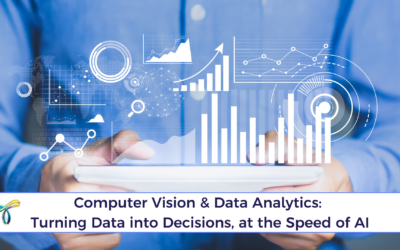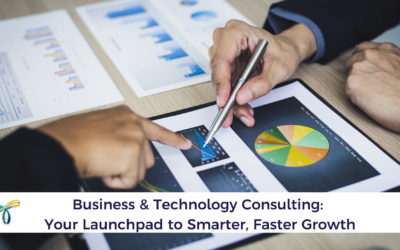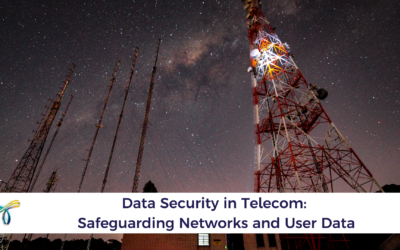The pharmaceutical industry operates at the forefront of innovation, developing life-saving medications and therapies. However, with vast amounts of sensitive data involved—ranging from intellectual property (IP) to patient information—the stakes for data security are incredibly high. Ensuring the protection of this data is critical to maintaining trust, safeguarding innovation, and complying with stringent regulations. This article explores the unique challenges and best practices for data security in the pharmaceutical sector.
The Importance of Data Security in Pharmaceuticals
Pharmaceutical companies manage a wealth of sensitive information. Thisi includes clinical trial data, proprietary formulas, supply chain details, and patient health records. A data breach in this sector could have catastrophic consequences, including:
- Intellectual Property Theft: IP theft can lead to significant financial losses and damage a company’s competitive advantage.
- Patient Privacy Violations: Breaches of patient data can erode trust and result in legal penalties under regulations like GDPR and HIPAA.
- Supply Chain Disruptions: Cyberattacks on supply chains can delay the production and delivery of critical medications.
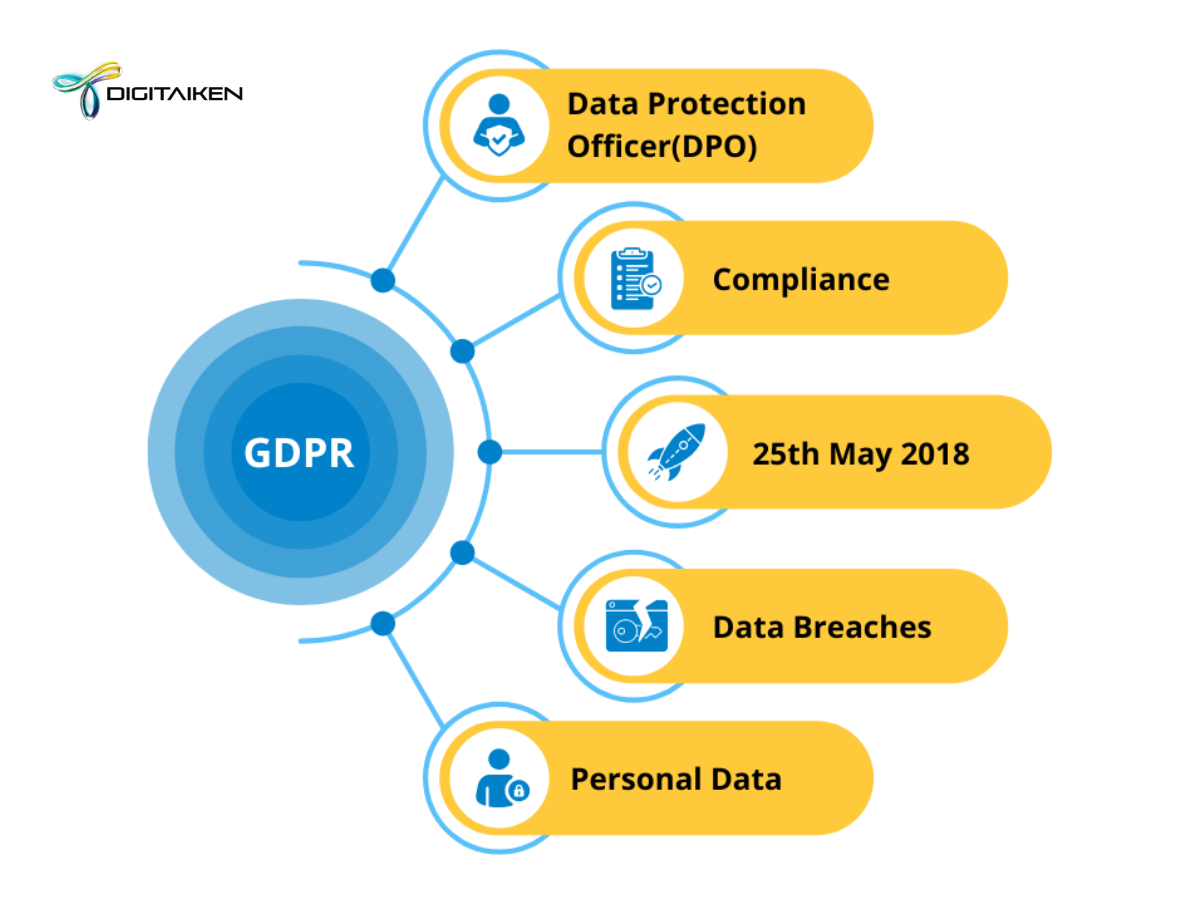
The pharmaceutical industry is increasingly targeted by cybercriminals due to the high value of its data. Robust data security measures are essential to protect this sensitive information and ensure the uninterrupted delivery of vital treatments.
Key Data Security Challenges in Pharmaceuticals
The pharmaceutical industry faces several unique data security challenges:
- Cyber Threats on Clinical Trials: Cybercriminals target clinical trial data to steal results or manipulate findings, jeopardising research integrity and patient safety.
- Global Supply Chain Risks: The interconnected global supply chain increases the risk of data breaches, with multiple stakeholders accessing sensitive information.
- Regulatory Compliance: Adhering to complex data protection regulations across multiple regions can be challenging, especially for global pharmaceutical companies.
- R&D Vulnerabilities: Research and development (R&D) departments are particularly vulnerable to cyberattacks, as they handle highly confidential data.
Best Practices for Data Security in Pharmaceuticals
To address these challenges, pharmaceutical companies must adopt comprehensive data security strategies:
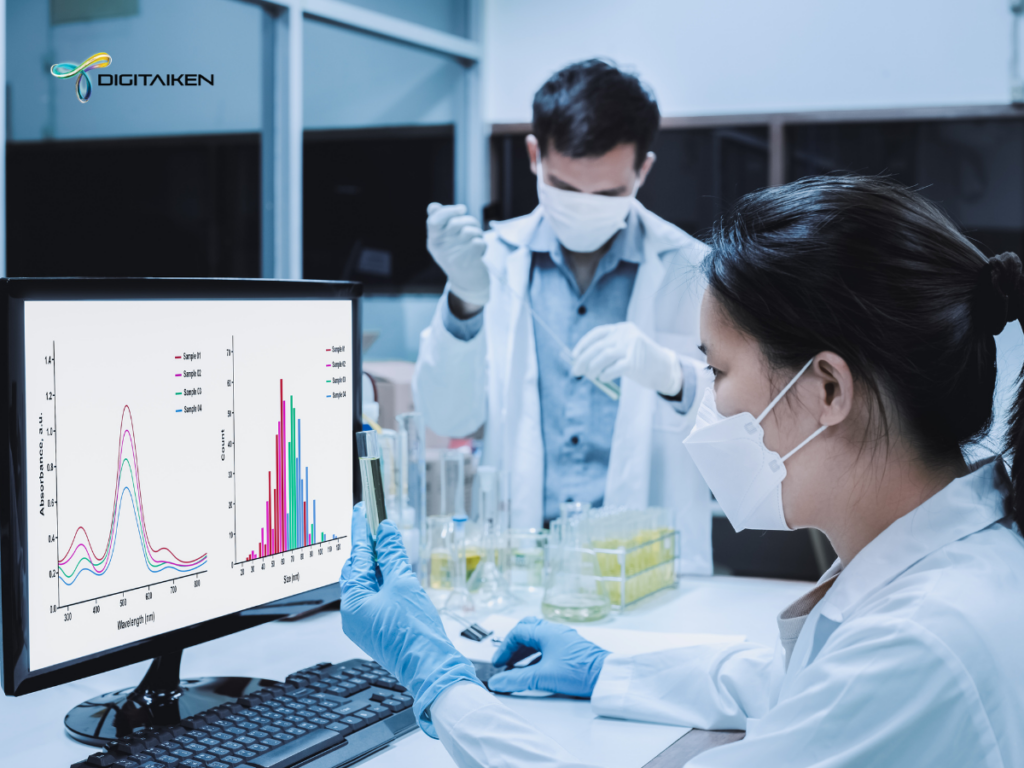
- End-to-End Encryption: Encrypt data at rest and in transit to prevent unauthorised access, ensuring that sensitive information remains secure.
- Access Control and Monitoring: Implement strict access controls, ensuring that only authorised personnel can view or edit critical data. Real-time monitoring can detect and respond to suspicious activities.
- Secure Data Sharing Platforms: Use secure platforms for sharing data with external partners, ensuring that proprietary information is protected throughout the supply chain.
- Compliance Management Systems: Adopt systems that automate compliance tracking, ensuring adherence to regional and international regulations.
- Threat Detection and Response: Deploy AI-driven tools that monitor networks for unusual activity, enabling rapid detection and mitigation of cyber threats.
Leveraging Technology for Data Security in the Pharmaceutical Industry
Emerging technologies are helping pharmaceutical companies enhance data security:
- Blockchain for Data Integrity: Blockchain ensures data immutability and secure sharing across multiple stakeholders, enhancing transparency and reducing the risk of tampering.
- AI for Predictive Analytics: AI algorithms can identify potential vulnerabilities before they are exploited, allowing companies to proactively strengthen their defences.
- Cloud Security Solutions: Secure cloud platforms offer scalable storage and robust encryption, ensuring that sensitive data is accessible yet protected.
Future Trends in Data Security for Pharmaceutical Industry
The future of data security in pharmaceuticals will focus on integrating advanced technologies and fostering collaboration. Key trends include:
- Zero-Trust Security Models: This approach ensures that no entity—internal or external—is trusted by default, adding multiple layers of verification to access sensitive data.
- Real-Time Supply Chain Monitoring: AI and IoT devices will provide real-time insights into supply chain operations, ensuring data security at every stage.
- Quantum-Safe Encryption: With the rise of quantum computing, pharmaceutical companies will adopt encryption methods resistant to quantum-level decryption.
Conclusion: Protecting Innovation and Lives
In the pharmaceutical industry, data security is about more than protecting information—it’s about safeguarding the innovation that saves lives. By investing in robust security measures, pharmaceutical companies can protect their intellectual property, maintain patient trust, and ensure compliance with regulations. As cyber threats continue to evolve, staying ahead with proactive strategies and advanced technologies will be critical to the industry’s success.



